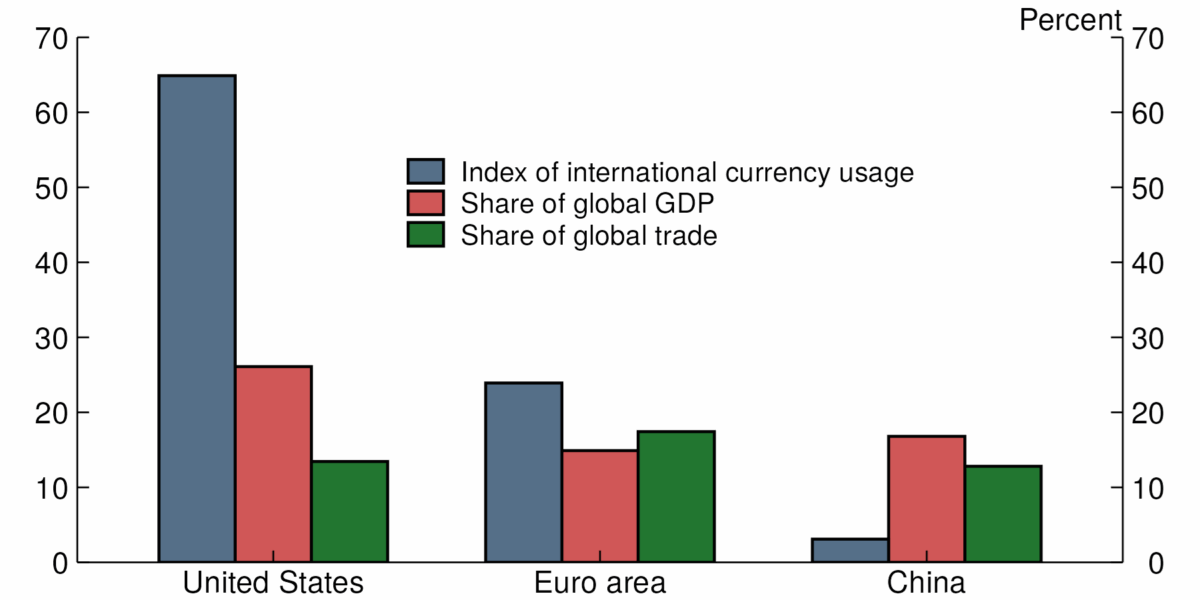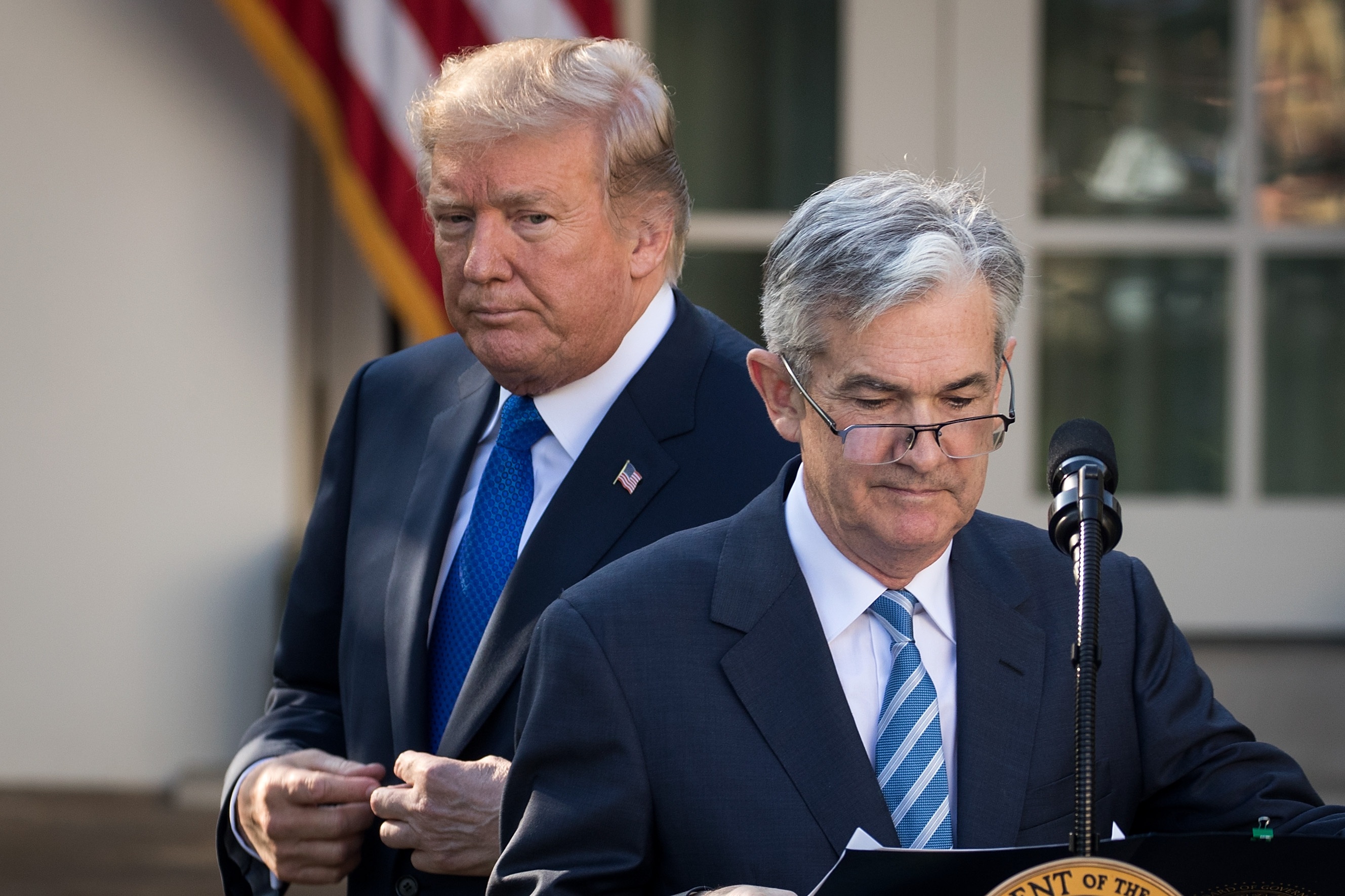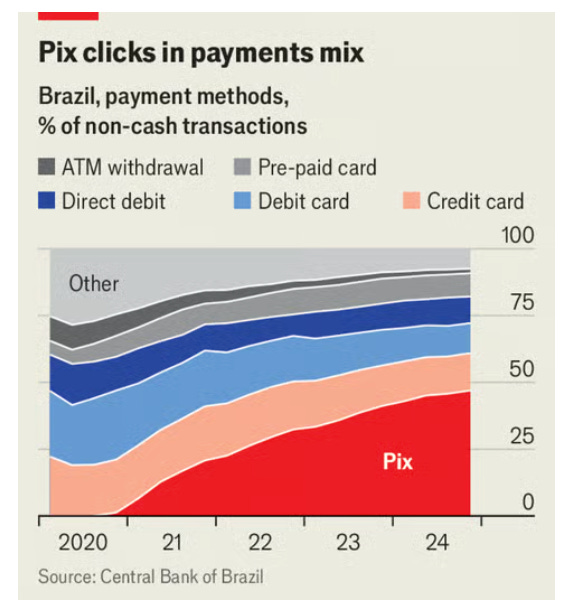
1901. How China came to rule the world of rare earth elements
Emily Feng discusses how China has overtaken the U.S. in the rare earth elements market, highlighting the shift in global control over these critical resources.
your daily dose of economic commentary

Emily Feng discusses how China has overtaken the U.S. in the rare earth elements market, highlighting the shift in global control over these critical resources.

The discussion centers on how government prioritizes spending and the limitations it faces in financial decisions.

The author, Robert Smith, discusses government spending priorities and the limitations faced in budget decisions.

A trade deal reduces the tariff on Japanese imports from 25% to 15%, as announced by Trump in a letter to Japan's Prime Minister.

Timothy Taylor discusses the political maneuvering surrounding the Federal Reserve, particularly regarding its independence and staffing under pressure from the Trump administration.

An argument that the U.S. dollar's international role is influenced by fiscal outlook, tariffs, and geopolitical factors, with a focus on recent economic uncertainties and sanctions.

Kevin Corcoran discusses the value of paying for services, emphasizing how fees can enhance efficiency and gratitude for resources, rather than making them free for all.

Camila Domonoske discusses how tariffs have significantly impacted GM's profits, costing the company $1.1 billion and lowering its profit margin.

The post discusses President Trump's indication that he might permit Jerome Powell to finish his term as Federal Reserve Chair amidst ongoing criticism.

The author discusses various economic stories, including Delta's pricing strategies, tariffs on orange juice, and job prospects in smaller metros.

Concerns are raised about the reliability of economic statistics due to funding cuts and potential political motivations affecting data collection and measurement.
Alex Tabarrok critiques Zephyr Teachout's op-ed on grocery prices, arguing that her claims about market power and pricing are economically flawed.
Alex Tabarrok critiques Zephyr Teachout's op-ed on grocery prices, arguing that her claims about market power and pricing are economically flawed.
Alex Tabarrok discusses the limitations of AI in replicating market dynamics and emphasizes the importance of entrepreneurial actions in price formation within the economy.

The post details upcoming workshops on causal inference at Northwestern University, highlighting their focus on research design and featuring prominent speakers in the field.

Paul Krugman discusses Brazil's advancements in digital currency and contrasts them with U.S. political resistance to similar innovations like central bank digital currency.

David Folkenflik reports on NPR newsroom chief Edith Chapin's departure following Congress's decision to eliminate federal funding for public broadcasting.

Noah Smith discusses the rise of anti-immigration sentiment in Japan, highlighting the emergence of a right-wing populist party and its impact on politics and society.

Bill McBride discusses California's home sales data for June, noting a slight year-over-year decline despite a monthly rebound in sales activity.
Tyler Cowen discusses the long-term economic advantages of America over Europe, focusing on innovation, tech growth, and demographic challenges facing Europe.